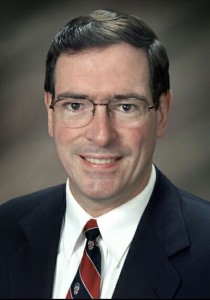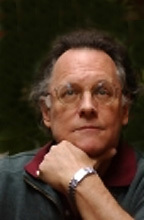
Venture Capitalists Are Poised to “Disrupt” Everything About the Education Market
EXTRACT
Next year, the market size of K-12 education is projected to be $788.7 billion. And currently, much of that money is spent in the public sector. “It’s really the last honeypot for Wall Street,” says Donald Cohen, the executive director of In the Public Interest, a think tank that tracks the privatization of roads, prisons, schools and other parts of the economy.
That might be changing soon as barriers to investment are rapidly fading. As Eric Hippeau, a partner with Lerer Ventures, the venture capital firm behind viral entertainment company BuzzFeed and several education start-ups, has argued, despite the opposition of “unions, public school bureaucracies, and parents,” the “education market is ripe for disruption.”
Hippeau’s vision is the growing sentiment among investors. Education technology firms secured a record $1.25 billion in investments across 378 deals in 2013, while analysts predict that number will continue to surge this year. Since 2010, Moe has led what has been billed as the premiere education investment conference, which takes place annually in Scottsdale, Arizona. The first year attracted around 370 people and 55 presenting companies. This year, that number soared to over 2,000 with over 290 presenting companies and speeches by luminaries including former Governor Jeb Bush, Magic Johnson and Commerce Secretary Penny Pritzker. One of the largest start-ups, a Herndon, Virginia–based company called K12 Inc., a for-profit largely online charter chain, posted nearly $1 billion in annual revenue for its last fiscal year in August.





